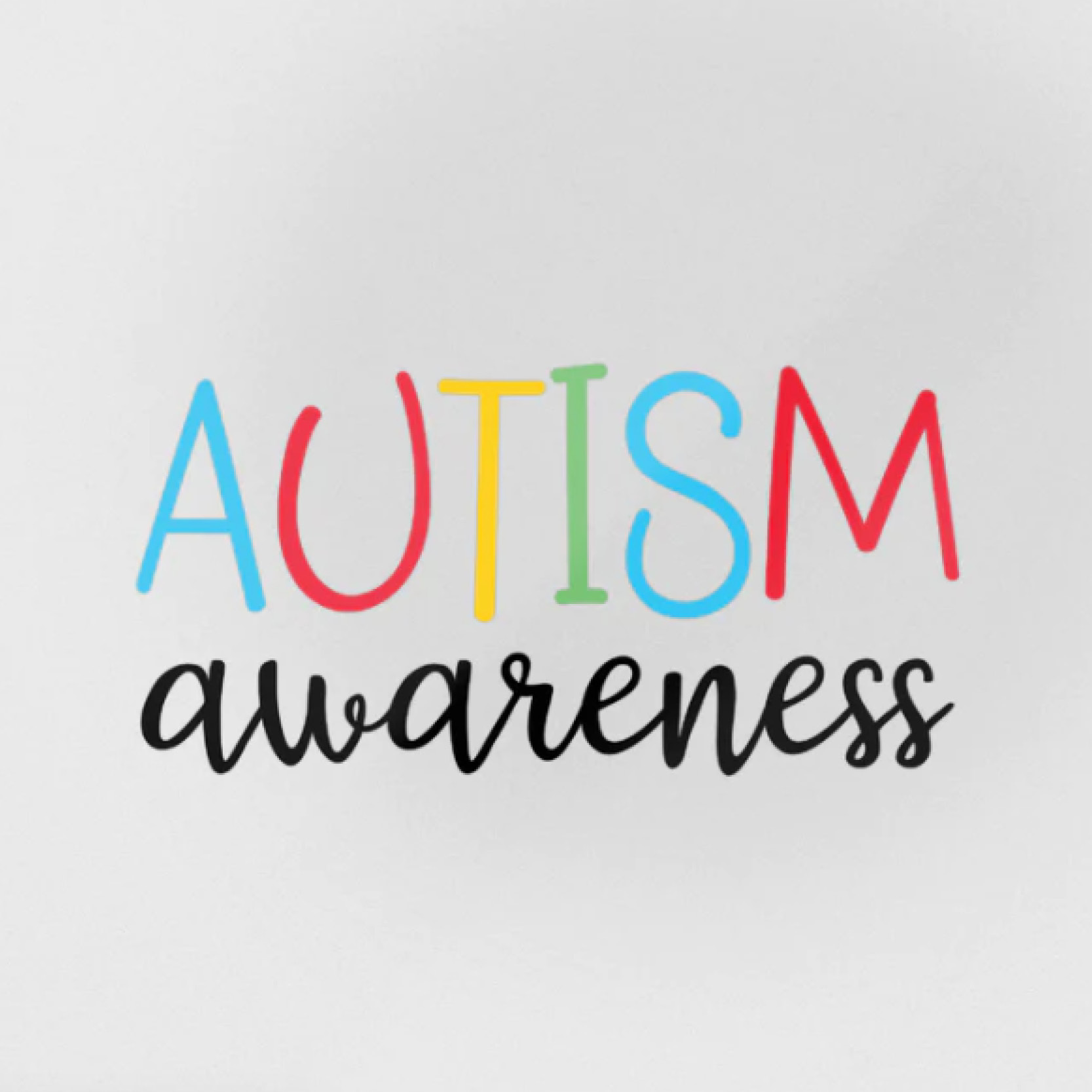Learn About I/DD
Helpful answers, statistics, and more about individuals with intellectual or developmental disabilities.
With millions of people affected by I/DD and so much to learn, anyone can benefit from a solid launching point. Let’s take a look at some basic info.
Intellectual and/or developmental disabilities can be confusing terms for families of the newly diagnosed or those new to advocacy.
People with I/DD can live meaningful, happy lives.
Terminology & Support
While a person can have both an intellectual disability and a developmental disability, there is some overlap in how the terms have commonly been used in the past. “Developmental disability” or “DD” has often been used as both an umbrella term and a more specific category of disabilities. The more concise and increasingly common “I/DD” helps to simplify this, but don’t be surprised if you still see “DD” used broadly by some organizations—it doesn’t necessarily preclude intellectual disabilities.
I/DD Disorders
Intellectual / Developmental Disabilities may include the following diseases:
People with I/DD can live meaningful, happy lives—sometimes independently. Support services benefitting both individuals and caregivers are available.
People with I/DD can utilize professional services, in or out of the home.
These services can be paid for by Medicaid waivers, private pay, or some insurance plans.
Some services are long-term; some can be arranged just as needed.
The number of people receiving supportive services has increased year-over-year!
Did you know?
34% of adults with ID aged 21-64 are employed.
An additional 10% are seeking employment, making the total labor force 44%.
62% of adults with ID in a competitive setting have been at their current job for 3+ years.
81% of adults with ID in a sheltered setting have been at their current job for 3+ years.
Quick Tips & Questions to Ask When Choosing an Agency
Choosing a provider to allow into your home or to care for your loved-one should not have to be a leap of faith. This is an important decision that should improve quality of life and freedom as well as promote individual growth. Here are our quick tips and questions to ask when choosing an agency:
Still Need Help?
Contact us or call us at 919-390-2980 for help finding additional resources or information.





